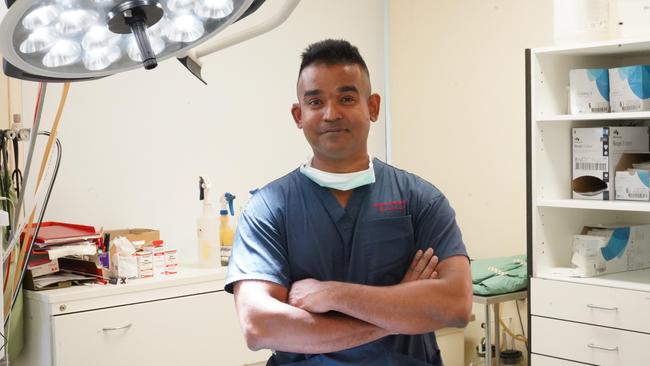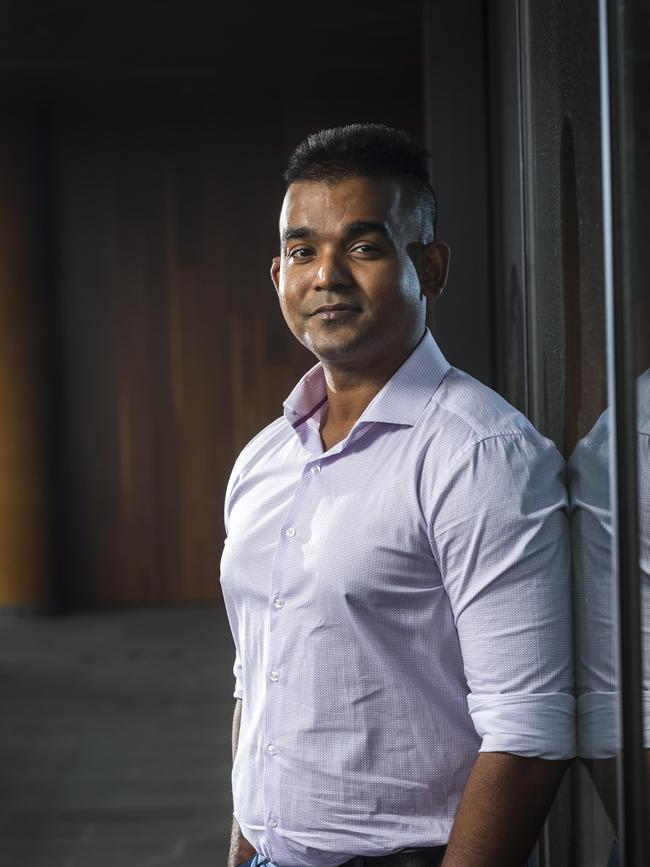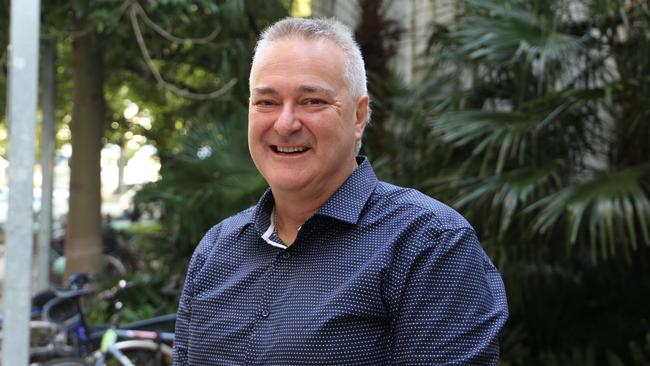$4.9m drug trial targets hidden dangers of heart surgery to brain, kidney function
For heart surgery patients, the risk doesn’t end after going under the knife, with a new drug trial aiming to reduce cognitive problems and kidney injuries caused by heart-lung machines.

Patients at risk of brain and kidney injuries after heart surgery will be extended a new lifeline as a government-funded study seeks to prevent the pervasive yet little-known risks posed by heart-lung machines.
Heart-lung machines left almost half of all heart surgery patients in a state of post-operative delirium, which could precipitate depression and mood disorders, while another 30 per cent were left with kidney injuries, a Florey Institute study found.
The institute is now working to eliminate such risks with a $4.9m multidisciplinary drug trial.
The drug is used to cool inflammation in the brain caused by cardio-pulmonary bypass circuits, which if left unchecked cause oxygen deprivation and dangerous immune responses that trigger symptoms in the brain and kidneys.
“The development of heart surgery requiring a heart-lung machine was one of the biggest medical breakthroughs of the 20th century … but what we have now started realising is that the brain and the kidneys of these patients are frequently injured,” MEGA-HEART project lead researcher Professor Yugeesh Lankadeva said.

“Many people wake from life-saving heart surgery in a confused, forgetful and disturbed state, and many experience minor to severe kidney problems.
“These issues can lengthen or complicate recovery or may even prove fatal in some cases — yet no therapies are available.”
Royal Melbourne Hospital intensive care doctor Simon Iles experienced the side-effects of heart surgery after his own unexpected surgery in his 20s induced delirium and depression.
During his first postings in New Zealand aged 28, Dr Iles was running between hospital wards when he passed out. He was resuscitated, went into surgery and hooked up to a cardio-pulmonary bypass circuit, which pumped and oxygenated his blood for him.
“I had zero warning, I was incredibly fit in my younger years,” he said. “I have no recollection of when I ran into the unit. I just blacked out.
“Depression and mood disorder is very common after bypass and I certainly experienced that.
“It’s a weird experience waking up after an operation of that size. You are very disorientated, your brain’s not clicking. You wonder ‘what has happened, where am I?’.”
Dr Iles was on antidepressants for three months as he struggled through forgetfulness, mood swings and a radically changed outlook on life.
“It wasn’t confusion, it was just this bizarre space. You’re just blank. After surgery, you’re a different person for a while. Some people fly through and notice absolutely nothing. But I had six weeks of quite significant personality change. I was withdrawn and took antidepressants for about three months because I just couldn’t see the world favourably and couldn’t get any enthusiasm for anything. I recovered completely – but not without challenges,” he said.
“This is around the time when I left New Zealand and came to Australia. I actually worked in Burnie in Tasmania for my first three months, but I vividly remember being quite socially isolated and being really, really flat.
“I remember one day I was on the ward and I wanted to ring my mum because she was having a tough time at that stage. The nurse brought me the phone and she asked to dial the number, but I had no idea what the number was, even though it was a number I’ve dialled hundreds and hundreds of times.”

His struggle helped inform his own bedside manner with patients and left him determined to see other patients spared his pain should the Florey study be successful.
The MEGA-HEART project will be funded through the Medical Research Future Fund, based on research by cardiologists, endocrinologists, cardiac anaesthetists, cardiac surgeons and neuropsychiatrists across Melbourne University, the Florey Institute and a raft of associated hospitals, including Austin Health, the Victorian Heart Hospital, The Alfred, Royal Melbourne Hospital and Royal Adelaide Hospital.
The future fund approved the $4.9m project last week, with animal trials set to make way for hospital-based human trials across Victoria and South Australia.
The study will seek to find the optimal dosage, physiological mechanics and overall safety and efficacy of the drug.
“Brain and kidney injury do not discriminate and can happen to anyone undergoing one of these life-saving heart surgical procedures,” MEGA-HEART clinical lead Lachlan Miles said.
“Developing a therapy that prevents these common complications could be the biggest development in peri-operative heart surgical care in the last 25 years. It’s a tremendously exciting time to be working in this space, and a privilege to be able to help move this therapy from the bench to the bedside.”








To join the conversation, please log in. Don't have an account? Register
Join the conversation, you are commenting as Logout